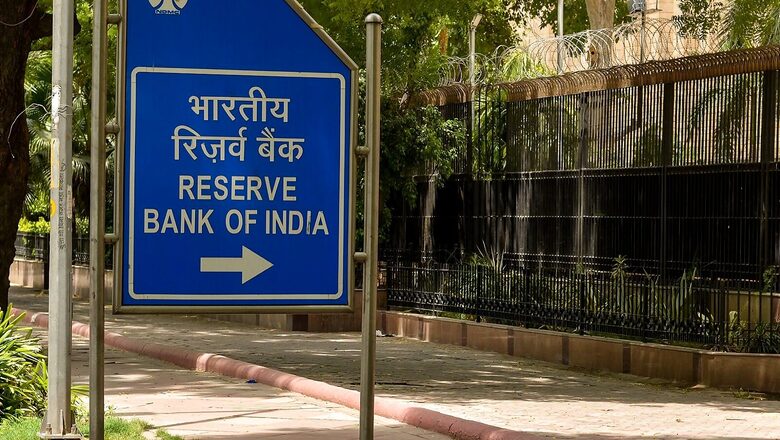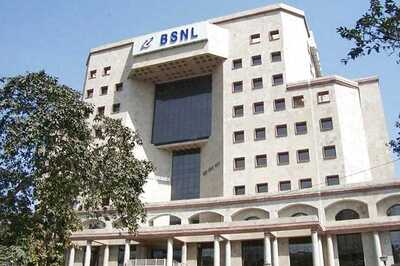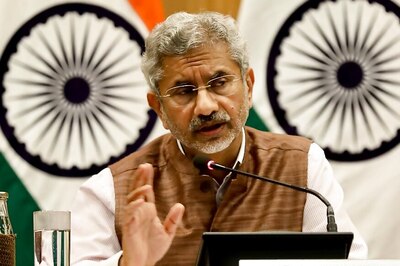
views
The Reserve Bank of India (RBI) removed a ban on Mastercard on Thursday, allowing the card network to on-board new clients for debit, credit, or prepaid cards, citing the company’s compliance with payment data storage regulations.
The business restrictions were lifted almost a year after the central bank imposed the ban. RBI stated that after demonstrating “acceptable compliance” with local data storage rules, it is once again permitting the card giant to add new consumers in the Indian market.
It should be noted that RBI stopped Mastercard, American Express, and Diners Club from issuing new debit, credit, or prepaid cards to clients indefinitely last year due to non-compliance with local data storage requirements.
However, American Express and Diners Club’s business restrictions remain in force in India, while they are allowed to continue serving their existing client base.
The statement from the central bank reads: “In view of the satisfactory compliance demonstrated by Mastercard Asia / Pacific Pte. Ltd. with the Reserve Bank of India (RBI) circular dated April 6, 2018, on Storage of Payment System Data, the restrictions imposed, vide order dated July 14, 2021, on on-boarding of new domestic customers have been lifted with immediate effect.”
The local data-storage requirements, which were announced in 2018, compel payments companies to retain all Indian transaction data on servers in the nation. They were also expected to notify the RBI of their compliance and submit a board-approved System Audit Report (SAR) prepared by a CERT-In-empaneled auditor within the timeframes indicated.
Full end-to-end transaction details, information collected, conveyed, and processed as part of the message, and payment instruction were among the data that needed to be maintained in India.
But Mastercard, Visa and a number of other companies, as well as the US government, had asked the central government to reconsider its guidelines, which they claimed were intended to give the regulator “unfettered supervisory access”.
Mastercard, which had about 33% market share in India previous to the ban, has chosen the world’s second-largest market as a priority growth location, investing more than $2 billion in the country over the last decade.
Mastercard said in a statement: “We welcome and are grateful for today’s decision by RBI, enabling us to resume on-boarding of new domestic customers (debit, credit and prepaid) onto our card network in the country with immediate effect.”
It added: “We reaffirm our commitment to support the digital needs of India, its people and its businesses. We are glad we have met this milestone and will continue to ensure ongoing delivery against the goals and regulatory requirements that have been established.”
In the statement, it also noted that India is a critical market for the company, both in terms of innovation and the value provided to its customers and partners.
“We take great pride in being able to contribute to the government’s vision of a Digital India and will continue to invest in the country’s future with the same passion and dedication as we always have,” it added.
The reinstatement of Mastercard’s business in the country will benefit local banks and fin-techs, which have only been able to offer customers debit and credit cards powered by Visa and Rupay, a home-grown card network promoted by the National Payments Corporation of India, a special body of the RBI, for the past year.
Last year, several banks were caught off guard by the business restrictions imposed on the global card giants. Because the majority of their cards were issued on Mastercard’s network, the ban had the greatest impact on YES Bank, RBL Bank, and HDFC Bank.
Following the embargo, these card-issuing banks were forced to switch to alternative networks, although the embargo on Mastercard caused an immediate delay in the number of cards issued by these players. For example, RBL Bank rushed to switch to Visa and took weeks to finish the process.
Read all the Latest News , Breaking News , watch Top Videos and Live TV here.



















Comments
0 comment